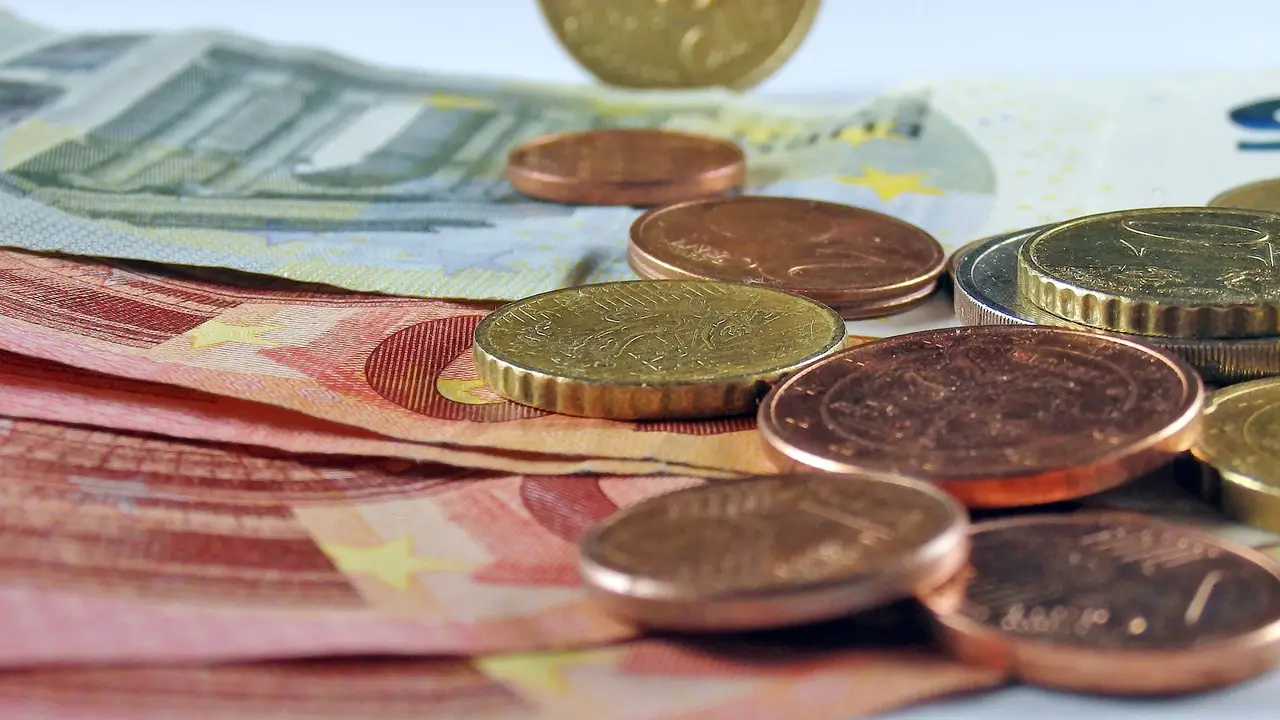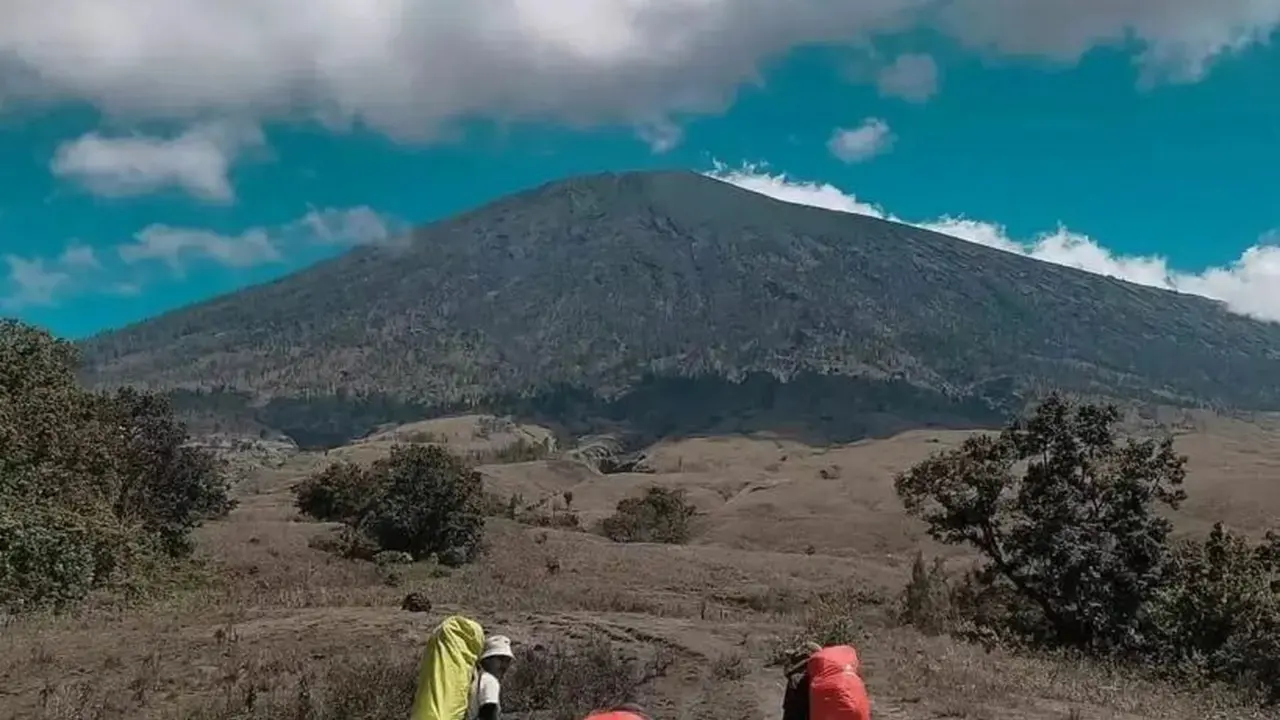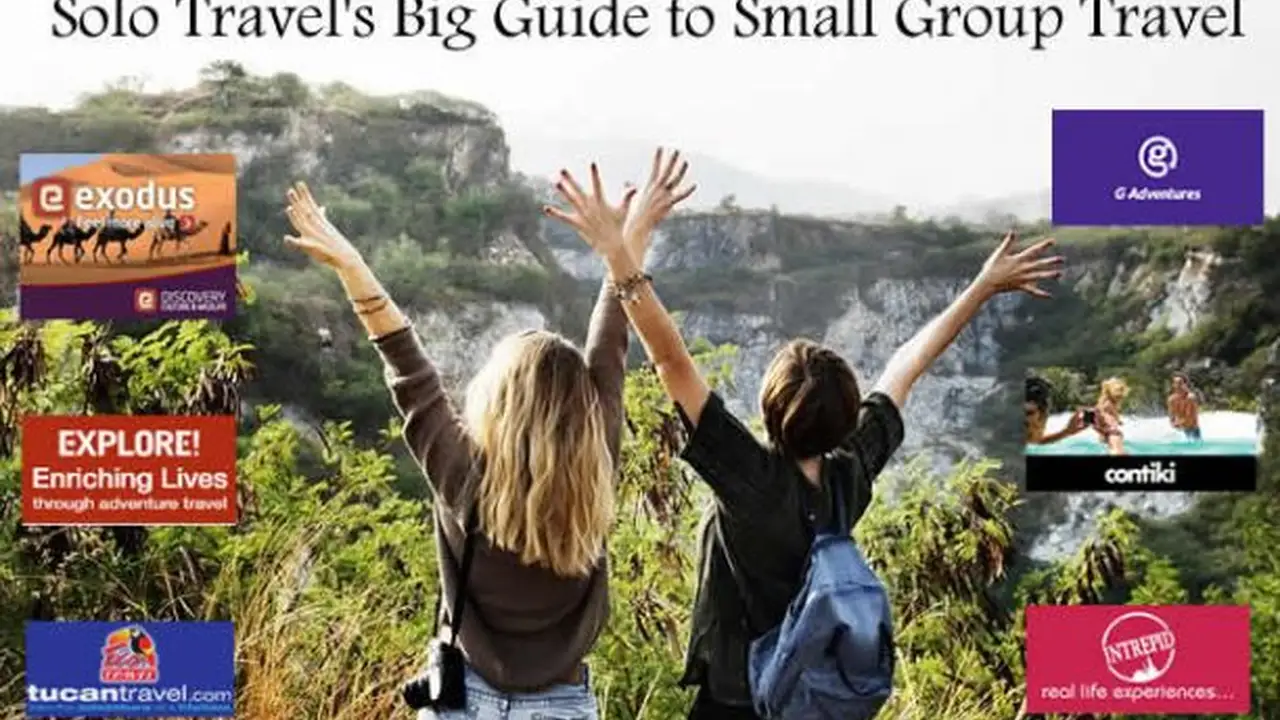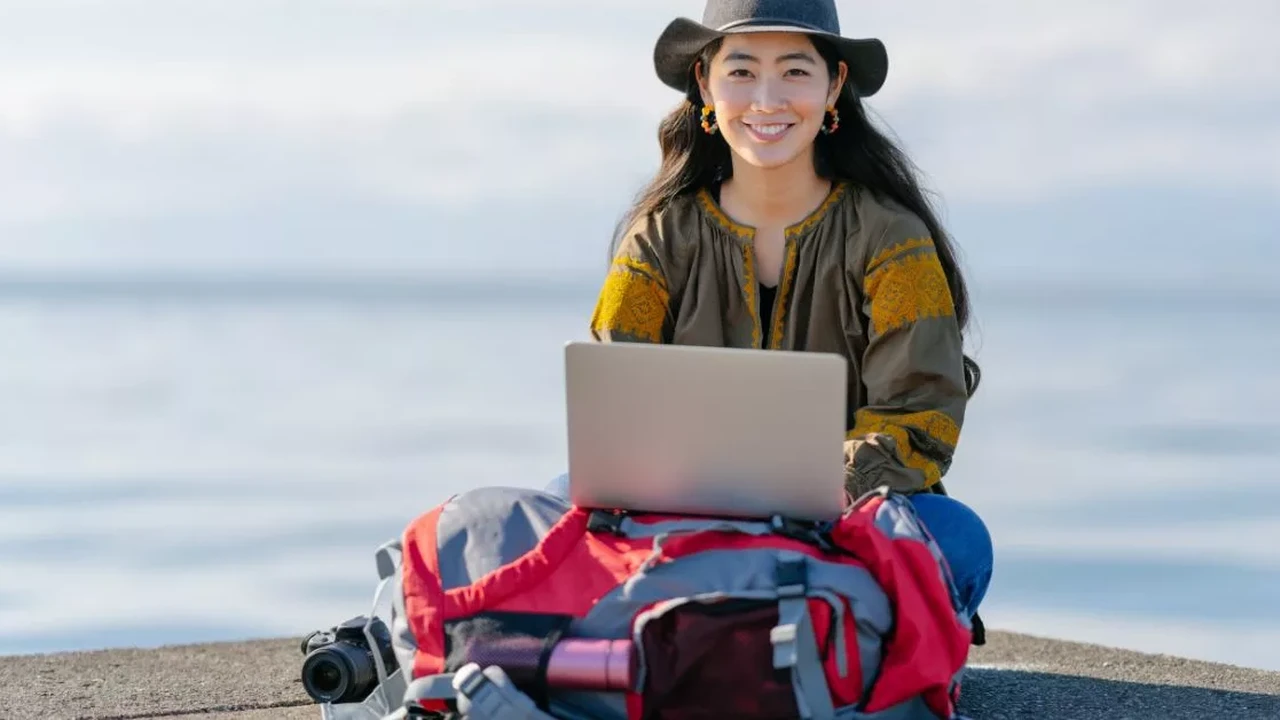Currency Exchange Solo Travel Finances
Complete a pre-trip checklist to ensure you are ready for your solo adventure. This guide includes essential tasks such as vaccinations, insurance, and document copies. Travel with confidence and peace of mind.

Understanding Currency Exchange for Solo Travelers Finances
Okay, so you're gearing up for your epic solo adventure, right? That's awesome! But before you start picturing yourself sipping cocktails on a beach in Thailand or hiking through the majestic mountains of Nepal, let's talk about something super important: money. Specifically, currency exchange. It's not the most glamorous part of travel planning, but trust me, getting a handle on your finances beforehand can save you a ton of stress and money down the road. Imagine arriving in a new country only to realize you're paying way too much for every single transaction. Not fun! This guide is all about making sure that doesn't happen to you. We'll cover everything from understanding exchange rates to finding the best deals and avoiding those sneaky fees. Think of it as your financial survival guide for solo travel. Let's dive in!
Decoding Exchange Rates Solo Travel Currency
First things first: what exactly *is* an exchange rate? Basically, it's the value of one currency in relation to another. So, if the exchange rate between the US dollar and the Euro is 1 EUR = 1.10 USD, it means you need $1.10 to buy one Euro. These rates fluctuate constantly based on all sorts of economic factors, so what's true today might not be true tomorrow. Keep an eye on the trends!
Several factors influence these rates: economic performance, political stability, and even global events. For example, if a country's economy is booming, its currency might strengthen. Conversely, political instability can cause a currency to weaken.
Where do you find these rates? Luckily, it's super easy these days. Websites like Google Finance, XE.com, and even most banks have real-time exchange rate information. It's a good idea to check these sites regularly in the weeks leading up to your trip so you can get a sense of how the rates are moving. Knowing the general trend can help you decide when to exchange your money.
Best Places to Exchange Currency Solo Travel Money
Alright, so you know what exchange rates are, but where should you actually *exchange* your money? You've got a few options, each with its own pros and cons:
- Banks: Your local bank is a solid starting point. They usually offer reasonable exchange rates, especially if you're a customer. However, they might charge fees, and their rates might not be the absolute best. Check with your bank ahead of time to see what their rates and fees are.
- Currency Exchange Bureaus: These are specialized businesses that deal solely in currency exchange. You'll often find them in airports, tourist areas, and shopping malls. While they're convenient, their rates tend to be less favorable than banks, and they often tack on hefty fees. Be super cautious and always compare rates before committing.
- ATMs: Withdrawing cash from ATMs in your destination country can be a convenient option, but again, watch out for fees. Your bank might charge a foreign transaction fee, and the ATM itself might have its own fee. Look for ATMs that are affiliated with major international banks to potentially reduce fees. Always choose to be charged in the local currency rather than your home currency (this avoids Dynamic Currency Conversion, which almost always results in a worse exchange rate).
- Online Currency Exchange Services: Several online services like TransferWise (now Wise), Revolut, and CurrencyFair offer competitive exchange rates and lower fees compared to traditional methods. These platforms often allow you to transfer money directly to your bank account in the local currency or use a prepaid debit card. They're generally a good option if you're comfortable managing your finances online.
Avoiding Fees and Hidden Costs Solo Travel Finances
Fees can be a real killer when it comes to currency exchange. Here’s how to minimize them:
- Foreign Transaction Fees: Many credit cards and debit cards charge a fee (usually around 1-3%) for every transaction you make in a foreign currency. Check with your bank or credit card company to see what their policy is. Consider getting a credit card that doesn't charge foreign transaction fees before your trip.
- ATM Fees: As mentioned earlier, ATMs can come with a double whammy of fees: one from your bank and one from the ATM itself. Try to withdraw larger amounts of cash less frequently to minimize these fees.
- Currency Exchange Bureau Fees: These can be the sneakiest of all. Always ask about fees upfront and compare the total cost (including fees) before agreeing to exchange your money.
- Dynamic Currency Conversion (DCC): This is a trap! DCC allows you to pay in your home currency when using a credit card or ATM abroad. Sounds convenient, right? Wrong. The exchange rate used in DCC is almost always worse than the rate your bank would give you, and you'll likely be charged extra fees. Always choose to pay in the local currency.
Cash vs Card Solo Travel Payment Methods
The age-old question: cash or card? The answer, as with most things, is it depends. Here’s a breakdown:
- Cash: Having some local currency on hand is always a good idea, especially for smaller purchases, street food, and places that don't accept cards (which is still common in many parts of Southeast Asia). Cash is also useful for tipping and negotiating prices in some cultures.
- Credit Cards: Credit cards are great for larger purchases, hotels, and restaurants. They also offer fraud protection, which can be a lifesaver if your card is lost or stolen. Just make sure you're using a card that doesn't charge foreign transaction fees.
- Debit Cards: Debit cards can be used to withdraw cash from ATMs, but be mindful of those fees. Also, debit cards generally don't offer the same level of fraud protection as credit cards, so be extra cautious when using them.
A good strategy is to have a mix of both. Carry enough cash for your immediate needs and smaller expenses, and use a credit card for larger purchases and emergencies. Also, inform your bank and credit card companies of your travel plans so they don't flag your transactions as suspicious and block your cards.
Travel Money Products Recommendations and Comparisons Solo Travel Finances
Okay, let's talk about some specific products that can make managing your money easier while traveling solo:
- Wise (formerly TransferWise) Multi-Currency Account:
- Description: Wise allows you to hold and convert money in multiple currencies with very low fees and excellent exchange rates. You can also get a debit card linked to your account, which you can use to make purchases and withdraw cash abroad.
- Use Case: Ideal for travelers who frequently visit multiple countries or need to send money internationally.
- Comparison: Compared to traditional banks, Wise offers significantly lower fees and better exchange rates. It's also more transparent about its fees, which is a big plus.
- Price: Free to open an account. Currency conversion fees vary depending on the currency and amount, but they are generally very competitive.
- Revolut:
- Description: Similar to Wise, Revolut offers a multi-currency account and a debit card. It also includes features like budgeting tools and cryptocurrency trading.
- Use Case: Great for travelers who want a comprehensive financial app with a range of features.
- Comparison: Revolut offers similar exchange rates to Wise, but it has a wider range of features. However, some of its features are only available with a paid subscription.
- Price: Free standard account with limited features. Paid plans offer additional benefits like higher withdrawal limits and travel insurance.
- Capital One Venture X Rewards Credit Card:
- Description: A travel rewards credit card with no foreign transaction fees and excellent rewards on travel purchases.
- Use Case: Perfect for travelers who want to earn rewards on their spending and avoid foreign transaction fees.
- Comparison: Compared to other travel rewards cards, the Venture X offers a great combination of rewards, benefits, and a reasonable annual fee.
- Price: Annual fee of $395.
- Charles Schwab Debit Card:
- Description: A debit card with no foreign transaction fees and unlimited ATM fee rebates worldwide.
- Use Case: Ideal for travelers who want to withdraw cash from ATMs without paying exorbitant fees.
- Comparison: Unlike most debit cards, the Charles Schwab debit card reimburses all ATM fees, making it a great option for international travel.
- Price: Free.
- Pacsafe Anti-Theft Crossbody Bag:
- Description: Not directly related to currency exchange, but essential for keeping your money safe. This bag features slash-proof materials, locking zippers, and RFID blocking to protect your valuables from theft.
- Use Case: Every day use while traveling.
- Comparison: More secure than a regular purse or backpack, offering peace of mind in crowded areas.
- Price: Around $70-$100.
Using ATMs Safely Solo Travel Cash Withdrawal
ATMs can be a lifesaver when you need cash, but they can also be a target for scammers. Here are some tips for using ATMs safely:
- Use ATMs in well-lit, public areas: Avoid using ATMs in dark or secluded locations, especially at night.
- Cover the keypad when entering your PIN: Use your hand or wallet to shield the keypad from prying eyes or hidden cameras.
- Be aware of your surroundings: Before using an ATM, take a quick look around to make sure no one is acting suspicious.
- Check for skimming devices: Skimming devices are fake card readers that scammers attach to ATMs to steal your card information. Look for anything that seems out of place or loose.
- Use ATMs affiliated with reputable banks: These ATMs are generally more secure and less likely to be tampered with.
- Don't accept help from strangers: If someone offers to help you use the ATM, politely decline. They could be trying to scam you.
- Keep your receipts: Keep your ATM receipts and compare them to your bank statements to make sure there are no unauthorized transactions.
Budgeting Tips for Solo Travel Finances
Effective budgeting is crucial for a successful solo trip. Here are some tips to help you stay on track:
- Set a daily budget: Determine how much you can afford to spend each day and stick to it.
- Track your expenses: Use a budgeting app or a simple spreadsheet to track your spending. This will help you identify areas where you can cut back.
- Look for free activities: Many cities offer free walking tours, museums, and parks. Take advantage of these opportunities to save money.
- Eat like a local: Eating at local restaurants and street food stalls is often much cheaper than eating at touristy establishments. Plus, it's a great way to experience the local culture.
- Consider alternative accommodations: Hostels, guesthouses, and Airbnb can be more affordable than hotels.
- Take advantage of public transportation: Public transportation is often much cheaper than taxis or ride-sharing services.
- Negotiate prices: In some cultures, it's customary to negotiate prices, especially at markets and with street vendors. Don't be afraid to haggle a bit!
Emergency Funds and Backup Plans Solo Travel Security
Finally, it's essential to have an emergency fund and backup plans in case things go wrong. Here are some things to consider:
- Emergency fund: Set aside a dedicated emergency fund to cover unexpected expenses like medical bills, lost luggage, or flight changes.
- Backup credit card: Bring a backup credit card in case your primary card is lost, stolen, or blocked.
- Copies of important documents: Make copies of your passport, driver's license, and insurance information and store them separately from the originals.
- Travel insurance: Invest in comprehensive travel insurance that covers medical expenses, trip cancellations, and lost or stolen belongings.
- Contact information: Keep a list of important contact information, including your bank, credit card companies, and embassy or consulate.
By following these tips, you can manage your finances effectively and enjoy a worry-free solo adventure! Remember, a little planning goes a long way. Happy travels!
:max_bytes(150000):strip_icc()/277019-baked-pork-chops-with-cream-of-mushroom-soup-DDMFS-beauty-4x3-BG-7505-5762b731cf30447d9cbbbbbf387beafa.jpg)






